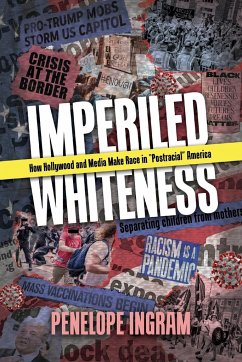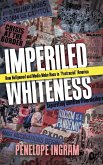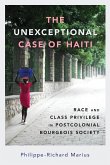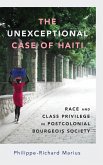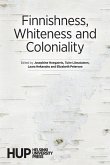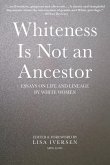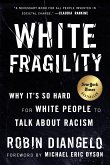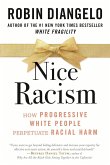In Imperiled Whiteness, Penelope Ingram examines the role played by media in the resurgence of white nationalism and neo-Nazi movements in the Obama-to-Trump era. As politicians on the right stoked anxieties about whites "losing ground" and "being left behind," media platforms turned whiteness into a commodity that was packaged and disseminated to a white populace. Reading popular film and television franchises (Planet of the Apes, Star Trek, and The Walking Dead) through political flashpoints, such as debates over immigration reform, gun control, and Black Lives Matter protests, Ingram reveals how media cultivated feelings of white vulnerability and loss among white consumers. By exploring the convergence of entertainment, news, and social media in a digital networked environment, Ingram demonstrates how media's renewed attention to "imperiled whiteness" enabled and sanctioned the return of overt white supremacy exhibited by alt-right groups in the "Unite the Right" rally in Charlottesville in 2017 and the Capitol riots in 2021.

